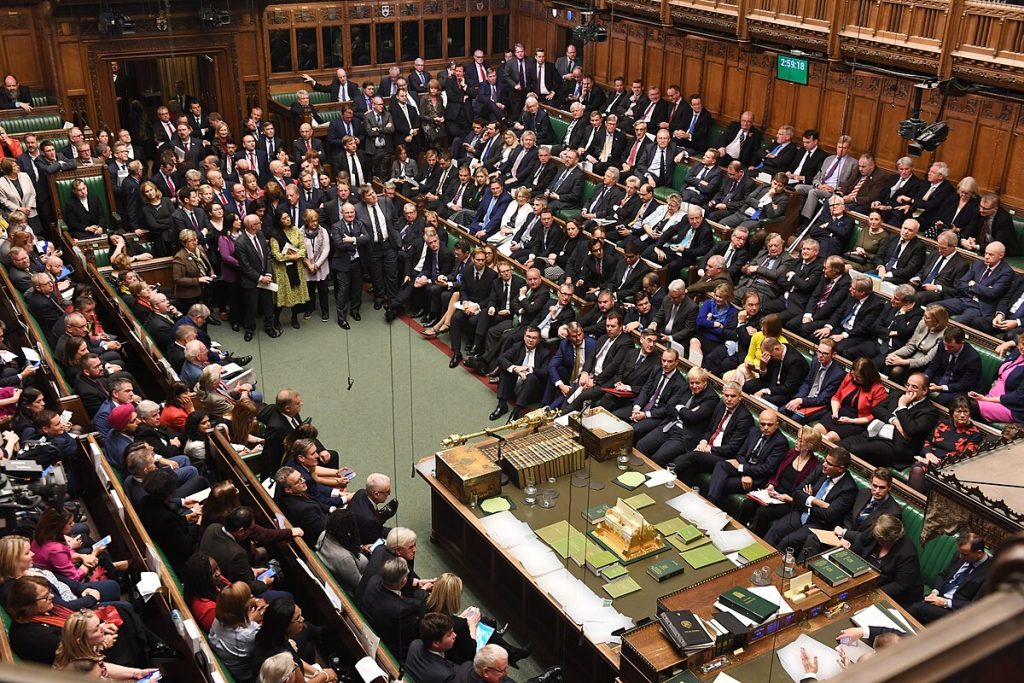
Boris Johnson, the former Prime Minister of the United Kingdom, has had a complex relationship with the gambling industry, reflecting both the sector’s economic significance and the sociopolitical challenges it poses. While Johnson’s tenure was marked by various policy stances and legislative efforts, his exact personal connections to gambling have been nuanced and occasionally contentious.
Government Stance on Gambling
During Boris Johnson’s time as Prime Minister, the UK government undertook several initiatives to address the growing concerns around gambling. The most notable action was the review of the 2005 Gambling Act, a piece of legislation that many critics argued was outdated in the face of modern, online gambling realities. The review aimed to tighten regulations to protect consumers, particularly vulnerable individuals and minors, from the potential harms of gambling addiction.
Johnson’s government proposed measures such as stricter advertising regulations, enhanced protections for young people, and more rigorous checks on gamblers’ affordability. This stance indicated a clear governmental intention to mitigate the social impacts of gambling while balancing the industry’s economic contributions.
Policy and Legislation
Under Johnson’s leadership, there were significant policy moves aimed at curbing the negative effects of gambling. One such move was the reduction of the maximum stake on fixed-odds betting terminals (FOBTs) from £100 to £2, a policy that was implemented shortly before he became Prime Minister but was supported by his administration. This measure was seen as a victory for campaigners against gambling addiction.
Additionally, Johnson’s government expressed support for banning credit card use for gambling, a measure implemented by the UK Gambling Commission in April 2020. The rationale was to prevent individuals from accruing significant debt due to gambling.
Controversies and Criticisms
Despite these regulatory measures, Johnson’s administration faced criticism for perceived leniency towards the gambling industry. Critics pointed out that the Conservative Party received substantial donations from individuals and entities linked to the gambling sector. This raised concerns about potential conflicts of interest and the influence of gambling money on political decisions.
One notable instance was the donation from Peter Cruddas, a prominent businessman with interests in gambling, who donated substantial sums to the Conservative Party. While there was no direct evidence linking these donations to policy decisions, the optics of such contributions during a time of regulatory scrutiny drew public and media attention. So is he for or against? His approach aims to better the industry while remaining diplomatic, realising it is part of Britain.
Public Perception and Personal Involvement
Public perception of Boris Johnson’s involvement with the gambling industry was further complicated by his populist image and the polarizing nature of his political career. Johnson’s Brexit campaign, which significantly shaped his premiership, often overshadowed his administration’s domestic policy efforts, including those related to gambling.
There is no substantial evidence to suggest that Johnson had any personal stakes or direct financial interests in the gambling industry. However, his government’s approach to gambling regulation and the controversies surrounding party donations highlighted the intricate relationship between politics and powerful industries like gambling.
Recent Developments
In the context of recent events, such as Paddy Power dropping Johnson from their Euro 2024 advertising campaign, his association with gambling has been more symbolic than direct. The decision by Paddy Power to exclude Johnson from their campaign reflected broader concerns about public sentiment and the potential for mixed messages regarding gambling regulation.
Johnson’s legacy, especially concerning Brexit and his leadership during a period of significant regulatory changes in gambling, remains complex. While his government took steps to curb gambling-related harms, the influence of gambling-related donations and the political optics around them continue to be points of discussion.
Conclusion
Boris Johnson’s relationship with the gambling industry is emblematic of the broader challenges faced by policymakers in balancing economic interests with social responsibilities. His tenure saw significant regulatory changes aimed at protecting consumers, yet it also highlighted the ongoing debate over the influence of industry donations on political decisions. As Johnson moves away from the political spotlight, the impact of his policies on the gambling industry and the public’s perception of his connections to it will continue to be scrutinized.



